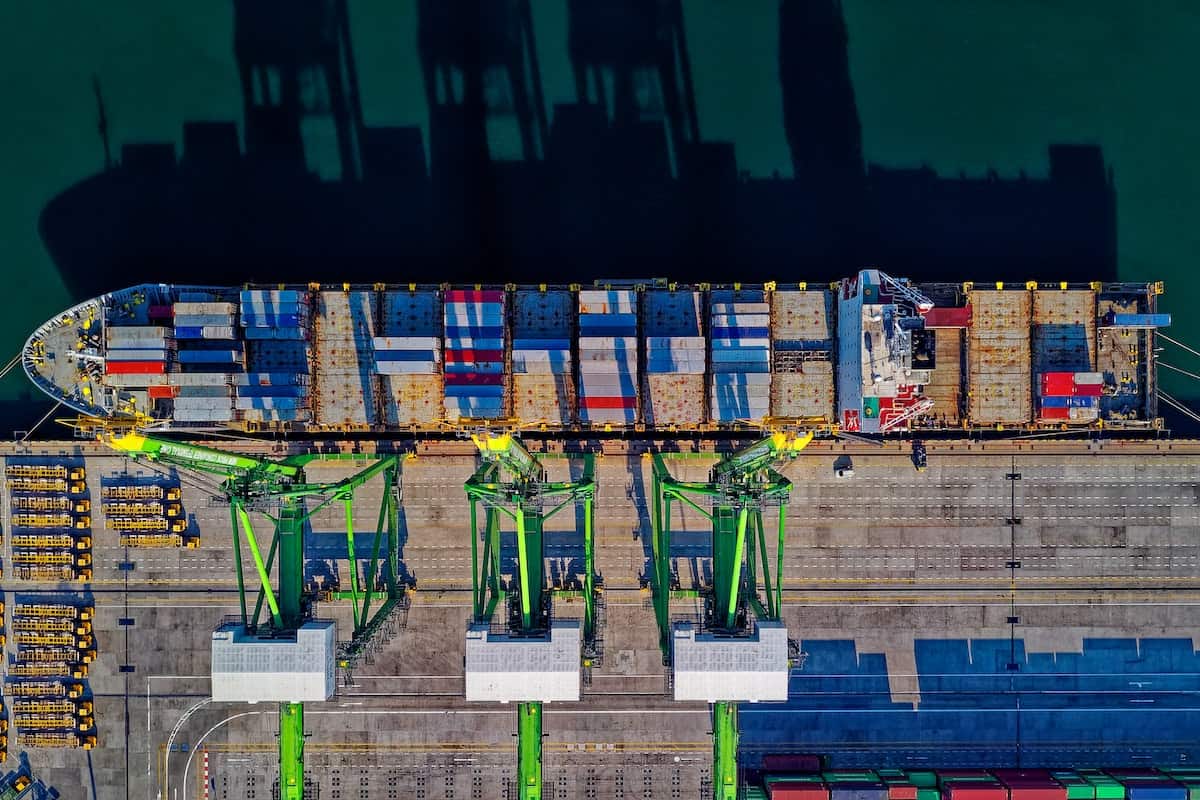Agriculture is an essential component of global trade, and imports of agricultural products play a vital role in meeting the world’s food demand. In recent years, the landscape of global trade in agriculture has been changing rapidly, and this has been driven by a number of factors. One of the primary drivers of this change is the growing demand for agricultural products worldwide. This demand is fueled by population growth, changing dietary patterns, and the increasing use of biofuels, among other factors. As a result, many countries are now importing more agricultural products than ever before.
The Main Drivers of Change
The shift towards agriculture imports has many benefits, as we discussed earlier, including access to a wider variety of products, increased food security, and improved economic opportunities for both importing and exporting countries. However, this shift has also presented challenges, particularly for smaller-scale farmers and other agricultural workers who may struggle to compete with larger, more industrialized agricultural operations. In addition, there are concerns about the environmental impacts of increasing global trade in agriculture, particularly in relation to greenhouse gas emissions from transportation and land use change.
Despite these challenges, the global demand for agricultural products is expected to continue to grow in the coming years, and this presents opportunities for companies that specialize in agricultural products. Agrowell is one such company, and it is well-positioned to take advantage of these opportunities. As a leading agricultural products company, Agrowell has a proven track record of delivering high-quality products and services to customers around the world. Through innovation and strategic partnerships, Agrowell is helping to shape the future of global trade in agriculture, and we look forward to seeing what the company will achieve in the years ahead.
The Growing Demand for Agriculture Imports
The global trade landscape in agriculture is undergoing significant changes, with one of the main drivers being the growing demand for imports. This demand is being fueled by several factors, including population growth, changing dietary patterns, and the increasing use of biofuels. As a result, many countries are now importing more agricultural products than ever before, with some relying heavily on imports to meet their domestic demand.
The growing demand for agricultural imports is also being driven by improvements in transportation and logistics. With the development of more efficient and cost-effective transportation systems, it has become easier for countries to transport agricultural products across long distances. This has made it possible for countries to access a wider range of agricultural products from different regions of the world, thereby diversifying their sources of food and agricultural inputs.
In addition to these factors, the rise of global trade agreements has also played a significant role in the shift toward agricultural imports. These agreements have helped to reduce trade barriers and promote the free flow of agricultural products between countries. This has led to increased competition among agricultural producers, as well as greater opportunities for countries to specialize in the production of certain agricultural products and export them to other countries.
However, the shift towards agricultural imports has also raised concerns about food security, as some countries become increasingly dependent on imported agricultural products to meet their domestic demand. There are also concerns about the environmental impact of transporting agricultural products over long distances, as well as the social and economic consequences for small-scale farmers who may struggle to compete with larger, more efficient producers in other countries.
The Benefits of Agricultural Imports
The shift towards agricultural imports has many benefits for both importing and exporting countries. For importing countries, agriculture imports provide a reliable source of food and raw materials that can help to stabilize prices and reduce the risk of shortages. In countries where domestic agricultural production is limited or faces significant challenges, imports can be a vital source of food security. In addition, imports can provide access to new and innovative products that are not available locally, which can help to boost agricultural productivity and improve food security.
Diverse Food Supply
Moreover, agricultural imports can help to diversify the food supply and provide consumers with a wider range of products, thereby enhancing the nutritional quality and variety of the diet. This can be especially important in countries where the local food supply is limited or lacks diversity.
Economic Growth
For exporting countries, agriculture exports can be a significant source of income and can help to promote economic growth. By exporting agricultural products, these countries can take advantage of their comparative advantage in agriculture and generate revenue that can be used to invest in other sectors of the economy. In addition, agriculture exports can help to reduce poverty in rural areas by providing income opportunities for small-scale farmers and other agricultural workers. This can be especially important in developing countries where agriculture is a major employer and source of income.
Better Trade Relationships
Moreover, agriculture exports can help to strengthen trade relationships between countries, promoting international cooperation and economic growth. By exporting agricultural products, countries can develop valuable trade partnerships and build relationships with other nations, which can help to promote peace, stability, and mutual prosperity. This can be especially important in regions where political tensions or conflicts have disrupted trade relationships and hindered economic development.
In conclusion, agricultural imports are changing the landscape of global trade, and this trend is set to continue in the coming years. The growing demand for agricultural products, improvements in transportation and logistics, and the rise of global trade agreements are all driving this shift toward agricultural imports.

